Dr. Cuthbert Simpkins ’69 is the Sosland-Missouri Endowed Chair in Trauma Services in the Department of Surgery at the UMKC School of Medicine, and the founder, President and Chief Innovation Officer of Vivacelle Bio, Inc. in Kansas City, Missouri.
Cuthbert is the inventor of the phospholipid nanoparticle technology for treating shock due to sepsis or hemorrhage. He has been issued 10 US patents and 35 patents in international jurisdictions for discoveries related to this technology.
Cuthbert’s journey began in, at that time, a heavily segregated Shreveport, Louisiana. As African Americans, his parents struggled to obtain voting rights, and his family homes were bombed, causing them to flee to Chicago and eventually resettling in New York City. Cuthbert earned his bachelor’s degree in Chemistry from Amherst College and his medical degree from Harvard Medical School in 1974. He completed his general surgery residency at the Downstate Medical Center in Brooklyn, New York.
As a Naval Officer, Cuthbert held surgical research fellowships at Boston University and the Naval Medical Research Institute in Bethesda, Maryland. After leaving the Navy, he held several academic positions where he practiced as a trauma surgeon and intensivist and maintained a research laboratory. While on the faculty at the University of Maryland School of Medicine, Cuthbert designed and founded the Violence Intervention Program, which continues to prevent the recurrence of injury due to interpersonal violence successfully. He served as Professor of Surgery and the Director of Trauma and Surgical Critical Care at the LSU School of Medicine in Shreveport, Louisiana. Throughout his academic career, Cuthbert maintained a laboratory focused on studying severe physiological disruption due to shock. His research is now supported by grants from the Naval Medical Research Center for a clinical trial of VBI-S for the treatment of hypovolemia in septic shock patients, from the Army for the study of reanimation after clinical death and the NIH for the development of methods for the treatment of sepsis without antibiotics. Cuthbert was also the Principal Investigator on a recently completed phase II trial of his patented phospholipid nanoparticles in treating severe septic shock in which standard therapy failed. The trial met all its therapeutic endpoints and will soon be going to phase III.
A multi-talented individual, Cuthbert is not only a medical visionary but also an accomplished biographer, capturing the essence of musician John Coltrane in a widely acclaimed book.
Q4: Tell us about a job you did not get or take. How did this shape your career path?
A. When I left the Navy, I did not get any of the academic jobs I sought. I took a job at a community hospital in Washington, DC (DC General) that served a lot of those at the lower socioeconomic level. After providing care for the patients there, I realized the recurrent nature of interpersonal violence. This led to the development of the Violence Intervention Program (VIP), which has been shown to be successful in rescuing individuals from a cycle of violence, and that continues today in many hospitals around the country. While at DC General, I discovered an unexpected electron transfer mechanism that led to a relationship with the Chemistry Department at Howard University.
